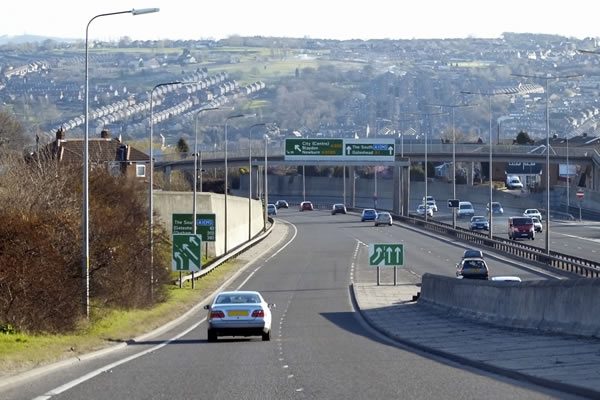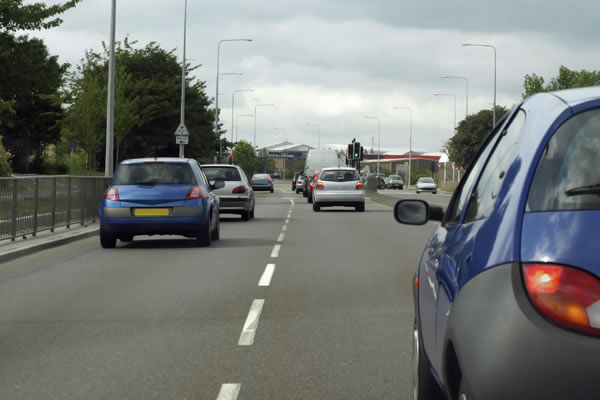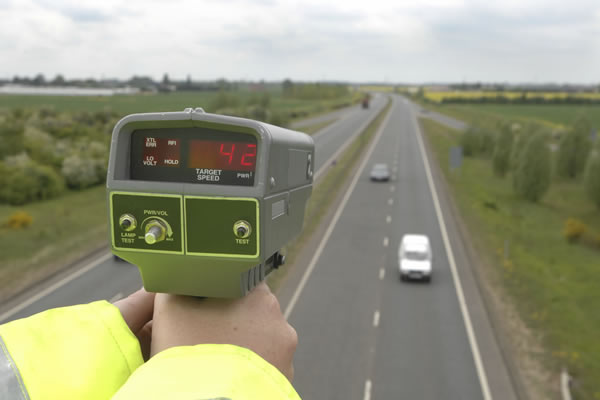Delivery of a Planning Proposal
The Transport Consultants role in the delivery of a planning proposal for a development in highway terms has several stages which are briefly as follows.
The Feasibility Stage
Feasibility studies start well before the planning application stage to define the most appropriate access arrangements and an initial assessment of the traffic impact of the potential development proposal. This process informs the on-going design work both for on and possibly off site works and can lead to significant changes in development proposals as the nature and volume of traffic varies significantly between land use types and scales of development. Following input from other team members as the development becomes more clearly defined the impact on the wider highway network and the suitability of local transport facilities (bus, tram and rail), walking and cycling arrangements as well as the road traffic accident records and traffic speeds in the locality are all briefly examined and a view formed.
Reports to Support the Planning Application
Major planning applications are required to be supported by both a Transport Assessment and a Travel Plan. Guidance on the production of both documents is provided by national government (see Planning Practice Guidance (PPG)) to ensure a consistent approach is made by both consultants producing the reports and Local Highway Authorities in the subsequent vetting process.
Before commencing work on either document it may be required that the scope of the studies are agreed with the highway authority. This will ensure that issues such as the physical extent of the assessment area are identified, the traffic generation rates of the various development types and their approximate distribution of traffic onto the network and the type of junction modelling required are agreed in principle. The Transport Scoping Study builds on the information collected during the feasibility stage where site visits to observe existing highway conditions, the recording of critical highway measurements and observations of existing traffic generations and flow patterns as well as existing traffic speeds have been carried out.
After agreement is reached on the scope of the study, work can commence on the Transport Assessment or Transport Statement and Travel Plan. In addition to trip prediction, distribution and modelling these detailed documents often require significant levels of research in relation to base information and its analysis. Issues investigated by the highways engineer may include:
- Traffic speed survey data;
- Road traffic accident data;
- Vehicle, pedestrian and parking surveys;
- Specific junction or highway link surveys;
- Public highway, Public Rights of Way, Traffic Regulation Orders and Highway Adoption Data;
- Facilities for pedestrians and cyclists;
- Utilities service information to inform access design options;
- Public Transport (bus and train) timetables/frequency station locations and bus stop positions; and
- The availability of key local services e.g. shopping, schools, transport links and health care that might be readily accessed by sustainable modes of travel.
Require the Services of a Traffic & Transportation Consultant?
Sanderson Associates have enjoyed over 37 years in business delivering experienced Traffic & Transportation Consultancy Services to our clients, having completed over 12,200 schemes for a wide variety of major and minor developments throughout the whole of the UK, Isle of Man and Ireland.
We would be pleased to provide you with our competitive fee proposal to provide you with our Traffic & Transportation Consultancy Services, please call us on 01924 844080 or click here to complete our secure online form.



